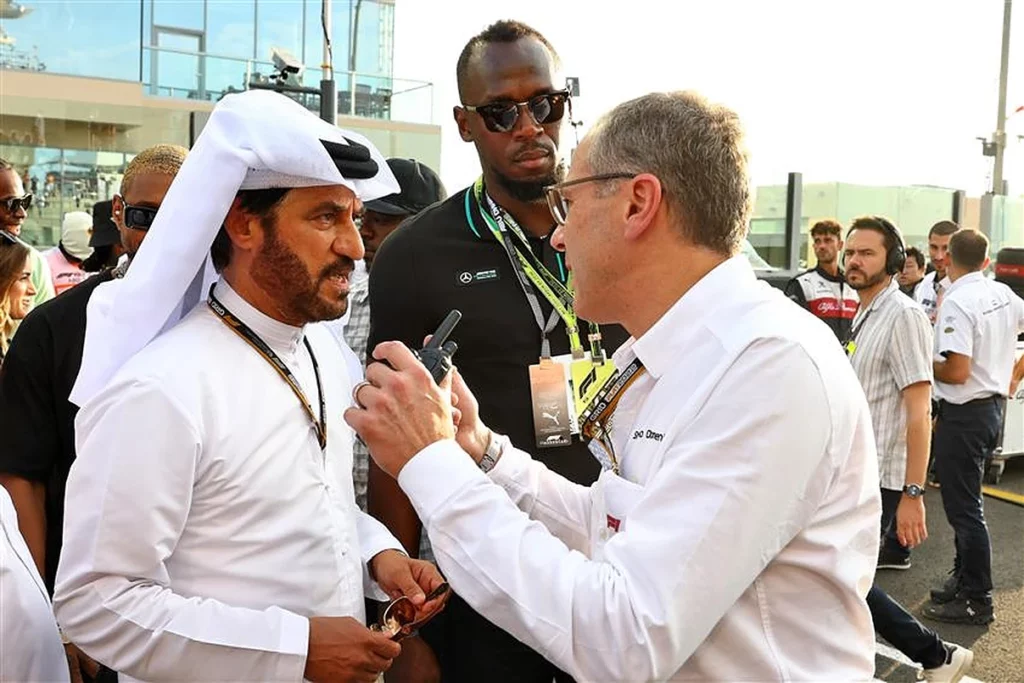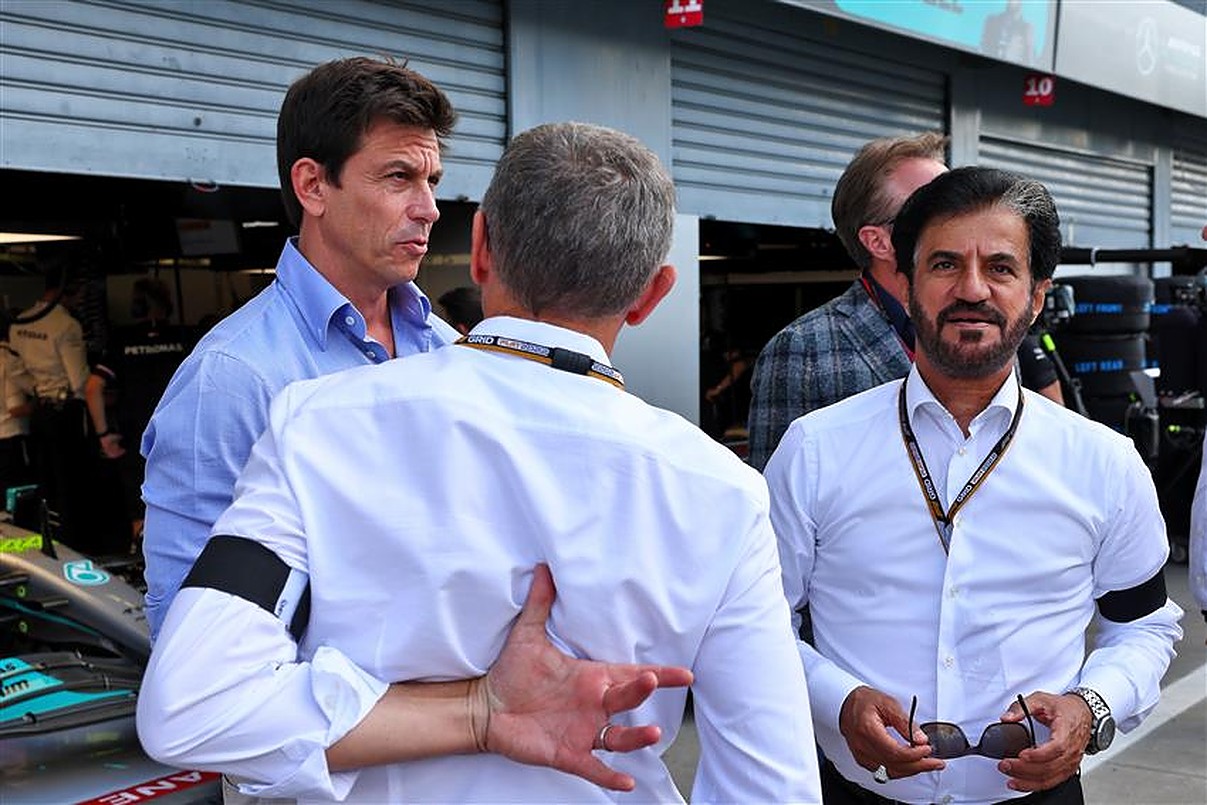Red Bull advisor Dr Helmut Marko has questioned if a country “culturally different” to where the bulk of the races take place would be the right move for the future ownership of Formula 1, following the recent offer by Saudi Arabia’s Public Investment Fund.
It was reported on Bloomberg last week that current F1 owners Liberty Media rejected an offer to sell the sport last year, with Saudi Arabia having offered the American company a whopping $20 billion.
Considering that Liberty Media bought the sport in 2017 for just $4.6 billion, the $20 billion price tag has been labelled as “inflated” by FIA president Mohammed Ben Sulayem, who’s comment infuriated the current owners.
Liberty Media called Ben Sulayem out for his “unacceptable” comments, with the fear being that his comments could impact the value of the sport.

READ: IndyCar team change car’s number for unusual reason
The current owners suggested that the FIA could be liable for damages following Ben Sulayem’s comments, in what is the latest issue between F1 and the FIA.
For the value of F1 to rise by $15.4 billion since 2017 is somewhat remarkable yet completely plausible, given that in 2017 the sport was nowhere near as big or as popular as it currently is in the Middle East or in the United States.
Formula 1 has been enjoying an incredible boom, to the point where 2023 will see three races in the United States, including, the return of the Las Vegas Grand Prix.
Marko has suggested that the $20 billion price tag is clearly a sign that the value of the pinnacle of motorsport is rising, with the Austrian having become arguably the first person from the teams to discuss the offer made.
READ: James Vowles accused of taking ‘good engineers’ to Williams
The 79-year-old has questioned if Saudi Arabia are the correct country to give the commercial rights to, though, due to the vast majority of the races taking place in countries that are “culturally different” to the Middle East.
“I think it wouldn’t be so good if it went to a country that is culturally different from where most of the races take place,” Marko told German broadcaster ntv.
“And generally in these commercial matters, it’s more likely to happen with someone who meets normal corporate standards, if you want to put it that way.”

